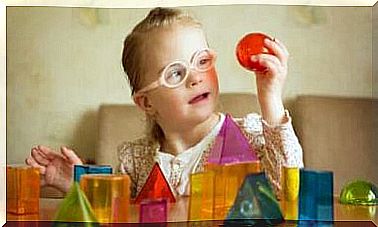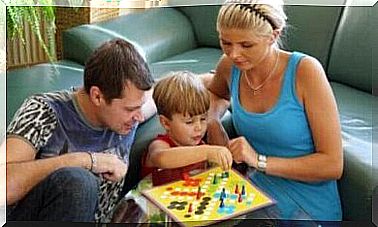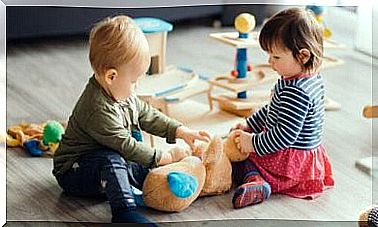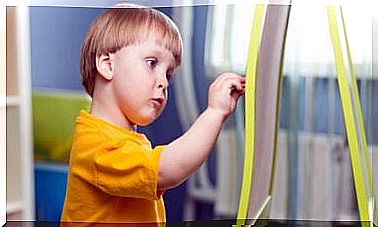Common Signs Of Dyscalculia In Children
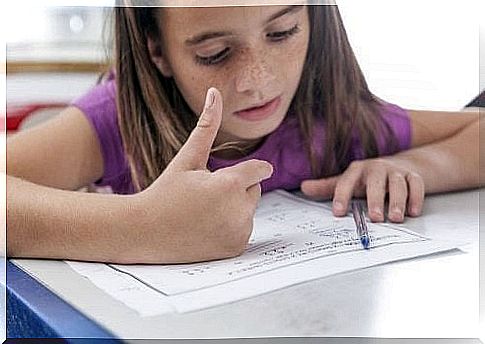
It is important for both parents and teachers to have a basic understanding of this disorder so that they are able to detect it. Therefore, we tell more about the primary signs of dyscalculia in children, so you know what to keep an eye on.
Children with dyscalculia are children who have a specific need for support in teaching. Therefore, schools should offer them a specialized form of support and attention.
This specific learning disability affects a large number of children. Children with dyscalculia have difficulty acquiring mathematical competence, which is a basic competence when it comes to academic achievement.
How to achieve mathematical competence?
The acquisition of mathematical competence is something that happens gradually. Therefore, children are slowly beginning to learn new concepts regarding:
- speak up
- Number rows
- Calculation
- Mathematical problem solving
- The execution of logical exercises
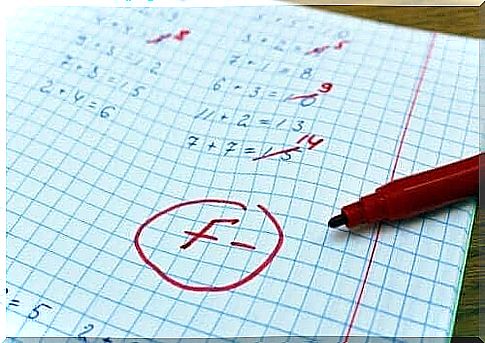
There is a wide range of cognitive processes involved in the learning of mathematics. The thought processes that must therefore be developed to achieve mathematical competence are the following:
- Knowledge of numbers and counting
- Logical operations
- Knowledge of the numerical system
- Artimetic operations
- Mathematical problem solving
We must keep in mind that according to Gelman and Gallistel, the development of numbering and counting involves the assimilation of five principles:
1. The first is to learn the one-to-one connection established between counting words and objects.
2. The second principle consists of reciting numbers in a stable order (one, two, three, etc.).
Number three is about cardinality. What is cardinality? It is the understanding that the latter number, when counting, represents the quantity in a set.
The fourth principle is the principle of abstraction, which allows for the counting of anything.
The fifth principle is the irrelevance of the order. This means that one is able to count using any sequences without changing the result.
Signs of dyscalculia in children
Dyscalculia is a specific type of learning disability. It affects a person’s ability to acquire knowledge of mathematics and calculations.
This difficulty does not imply the presence of impaired intellectual ability. Nor is it the result of academic deprivation or poor learning methods. In other words, when a child makes frequent mistakes with numerical data, it may be a possible sign of dyscalculia.
The symptoms you may observe in a child with dyscalculia may therefore be as follows:
- The child frequently uses his fingers to count to solve simple calculations.
- The child has difficulty understanding the meaning of numbers.
- The child has difficulty interpreting quantities.
- The child has difficulty writing and reading numbers.
- The child has problems remembering / automating number tables.
When observing these warning signs, keep in mind:
- The child’s age
- The child’s level of development
What to do if you suspect that a child may have dyscalculia? To start with, contact the child’s school. This allows you to share your concerns with your child’s teacher. The school should be able to conduct a thorough evaluation.
There are a wide variety of tests that professionals can use to diagnose dyscalculia in children. These tests evaluate the child’s computing skills, math skills and mental calculation.
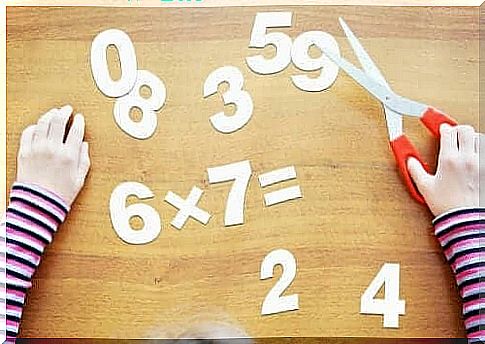
How to help children with dyscalculia
To help children with dyscalculia at home, make it fun. Avoid pushing the baby or creating stress. Below we give you some ideas to improve your math skills at home:
- Perform hobbies and daily tasks involving numbers
- Learn calculations by demonstrating them and making models
- Play a game or play a game that requires arithmetic
- Do practical calculation exercises. In other words, you have to use mathematics in everyday life.
In addition, make sure that your child’s school takes the necessary steps to meet your child’s individual learning needs. In this way, both you and your child’s school can help the child with special material that focuses on reinforcing the acquisition of mathematical skills.

